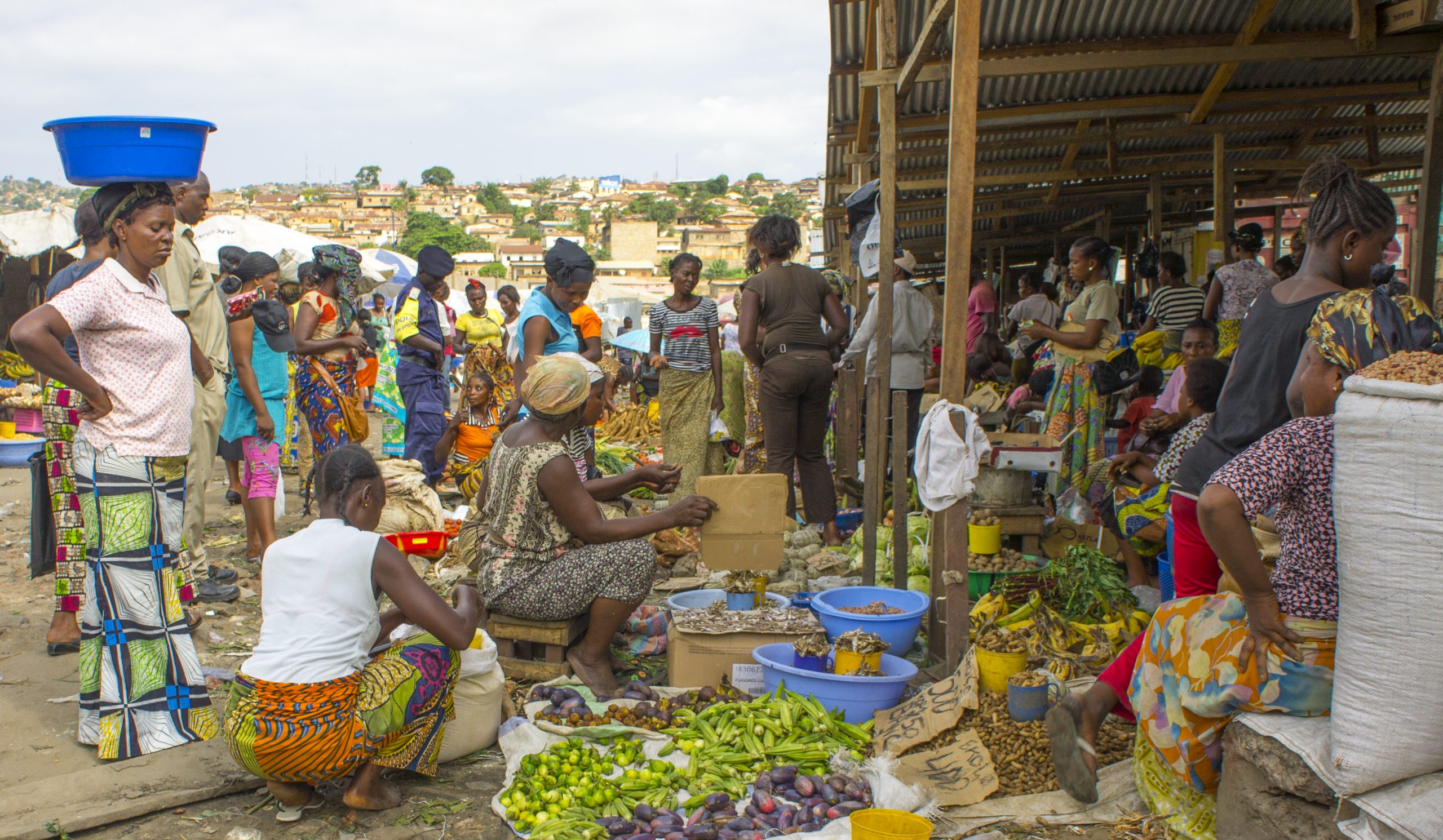An unidentified disease has killed 143 people in the southwestern Kwango province of the Democratic Republic of the Congo (DRC), according to local authorities. The outbreak, which began in November, has left health officials scrambling to identify the cause and contain its spread.
Women and children have reportedly been the hardest hit, according to a local epidemiologist, further straining families and communities in the affected areas in the Democratic Republic of the Congo.
Kwango’s Deputy Governor Remy Saki and Provincial Health Minister Apollinaire Yumba said that the disease presents with flu-like symptoms, including high fever and severe headaches.
While its exact nature remains unknown, the rapid increase in cases has alarmed both local officials and health experts.
A medical team has been deployed to Panzi, the rural health zone at the center of the outbreak, to collect samples and conduct analyses.
The situation is exacerbated by the region’s limited healthcare infrastructure. Cephorien Manzanza, a civil society leader, told Reuters that the lack of adequate medicine supplies in Panzi, leaving many without access to critical treatment.
“Sick people die in their own homes for lack of treatment,” said Saki and Yumba, reflecting the urgency of the situation.



